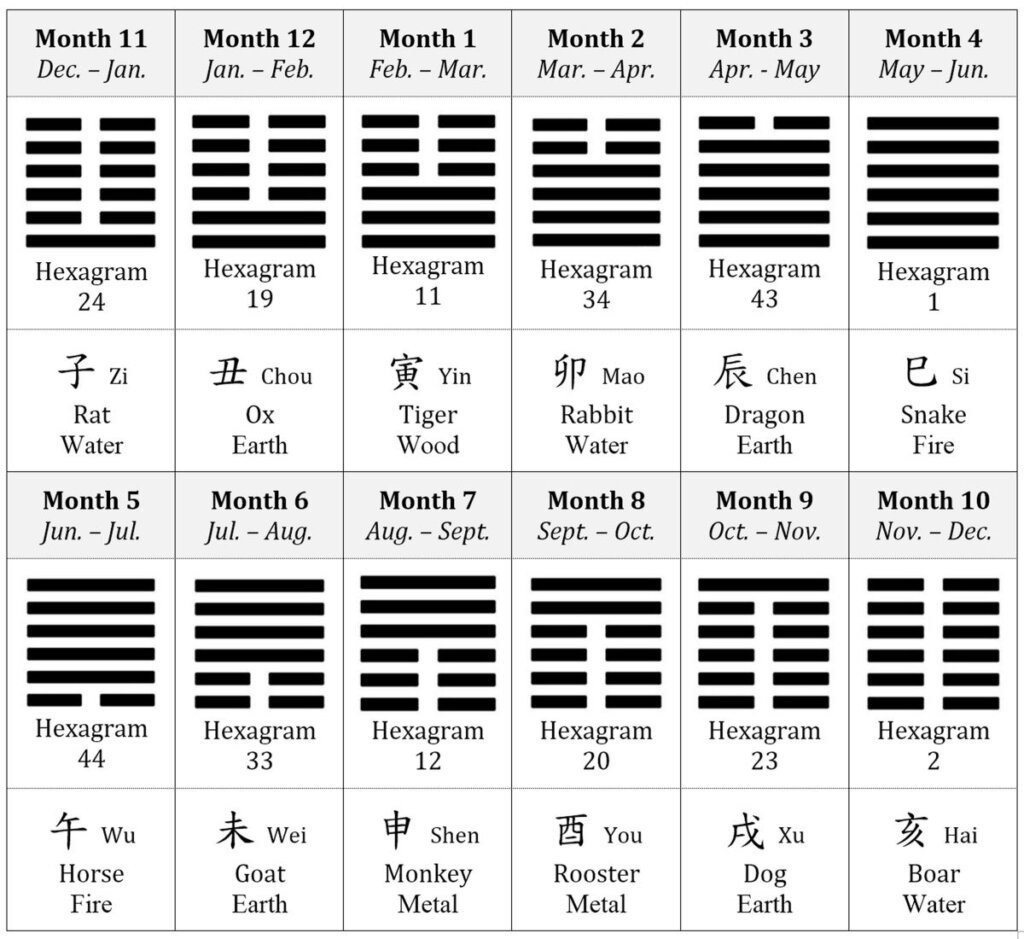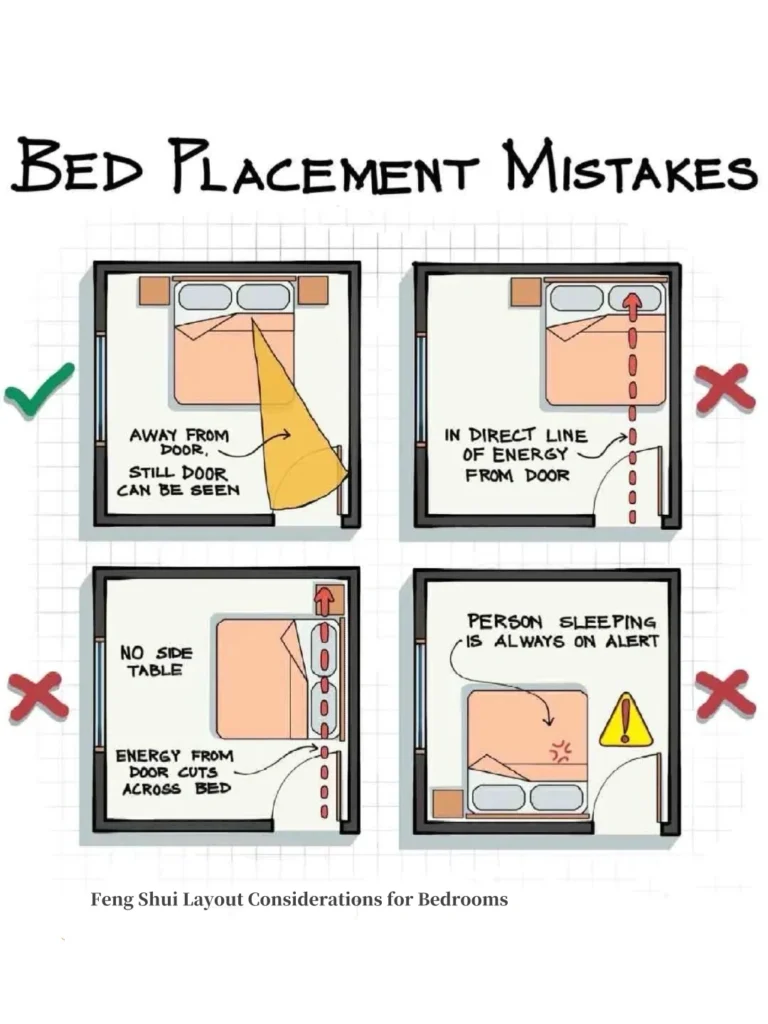
Feng Shui And Relationship Numerology: Boost Harmony in Love, Family & Work
In the intricate tapestry of traditional Chinese culture, Feng Shui and relationship numerology are two profound systems that illuminate the connections between our environment, destiny, and relationships. Rooted in ancient philosophy and observations of nature, they offer practical wisdom to enhance interpersonal bonds—whether in love, family, or the workplace. By exploring how Feng Shui’s energy flow (Qi) interacts with the insights of relationship numerology (based on birth charts), we can unlock actionable strategies to cultivate harmony and improve life quality.

Table of Contents
Understanding the Core: Feng Shui And Relationship Numerology (Bazi)
How Your Environment Shapes Bonds: Feng Shui for Home & Office Harmony
Your Destiny Blueprint Guides Placement: Using Bazi to Choose & Optimize Spaces
Practical Guides: Feng Shui & Numerology Tips for Better Relationships
Conclusion: Harmonizing Destiny and Space
1.Understanding the Core: Feng Shui And Relationship Numerology (Bazi)
(A) How Feng Shui Energy (Qi) Shapes Relationships
Feng Shui, often called the “art of energy alignment,” revolves around Qi—the vital life force that flows through the universe, environments, and living beings. Its core principles include:
Yin-Yang Theory: The balance of opposing yet complementary forces (e.g., light/dark, passive/active). A harmonious space requires balanced Yin (calm) and Yang (vibrant) energies.
Five Elements (Wood, Fire, Earth, Metal, Water): These elements interact in cycles of generation (e.g., Wood fuels Fire) and control (e.g., Water extinguishes Fire). They categorize colors, directions, and materials, influencing relationship dynamics.
Bagua (Eight Trigrams): An octagonal map dividing spaces into 8 life areas (e.g., relationships, career). Optimizing the “Relationships” sector (Xun trigram) can strengthen bonds.
(B) Relationship Numerology: Decoding Bonds Through Birth Charts
Relationship numerology, rooted in Bazi (Chinese birth charts), analyzes destiny via the year, month, day, and hour of birth (recorded as Heavenly Stems and Earthly Branches). Key concepts include:
Five Elements in Bazi: The balance of elements in a birth chart reveals relationship tendencies. For example, a strong “Wood” element may indicate growth-oriented partnerships, while excess “Metal” could signal rigidity.
Ten Celestial Relationships: These 10 roles (e.g., “Direct Wealth” for a man’s spouse, “Shoulder-Wealth” for peers) predict relationship quality. A weak “Direct Wealth” in a man’s chart, for instance, may suggest challenges in marital stability.

2.How Your Environment Shapes Bonds: Feng Shui for Home & Office Harmony
(A) Home Layout: Nurturing Family & Marital Love
The home is a microcosm of energy that directly impacts relationships.
Living Room: As the heart of family interaction, it should be spacious, well-lit, and clutter-free. Arrange furniture to encourage face-to-face communication (e.g., sofas in a U-shape) to foster connection. Cluttered spaces with blocked pathways, however, can breed tension.
Bedroom Feng Shui for Love:
Position the bed against a solid wall (symbolizing stability) and avoid aligning it with the door (to protect intimacy).
Use soft, warm tones (e.g., peach or cream) to evoke romance.
For couples with imbalanced Five Elements in their Bazi, add elements to harmonize: If both lack “Water,” place a small fountain or blue decor in the north (Water’s direction).

(B) Office Feng Shui: Strengthening Workplace Relationships
A well-aligned office enhances teamwork and leadership dynamics.
Desk Placement: Sit with a solid wall behind you (symbolizing support from superiors) and avoid facing toilets or corridor ends (to block negative Qi).
Team Collaboration:
Open floor plans boost communication—ideal if team Bazi charts show a need for connection.
Place shared meeting areas in the “Relationships” (Xun) sector of the office Bagua to encourage collaboration.
Add “Fire” elements (e.g., red accents) to boost confidence in leaders, or “Wood” elements (e.g., plants) to foster growth in teams.
3.Your Destiny Blueprint Guides Placement: Using Bazi to Choose & Optimize Spaces
(A) Choosing a Home with Bazi: Aligning with Five Elements
Your birth chart’s elemental preferences (e.g., favoring Water, avoiding Fire) should guide where you live:
Location:
Water-favorable Bazi? Live near lakes or rivers (Water symbolizes wisdom and flow).
Wood-favorable? Choose homes surrounded by trees or parks (Wood represents growth).
Fire-avoidant? Steer clear of overly sunny, dry areas.
Floor Selection:
Floors correspond to elements: 1st/6th = Water, 2nd/7th = Fire, 3rd/8th = Wood, 4th/9th = Metal, 5th/10th = Earth. Pick floors that strengthen your Bazi’s weak elements. For example, Metal-favorable charts thrive on the 4th or 9th floor.
(B) Optimizing Layouts with Relationship Numerology
Tailor your space to fix relationship gaps revealed by Bazi:
Family Harmony: If Bazi predicts conflicts, focus on the “Family” (Qian) sector of the home Bagua. Tidy the area, add warm lighting, and display family photos to reinforce unity.
Social Connections: Strengthen the “Friendship” (Dui) sector with mirrors (symbolizing reflection) or water decor (to boost communication flow). For Wood-weak Bazi charts, add wooden shelves or potted plants here to enhance social growth.

4.Practical Guides: Feng Shui & Numerology Tips for Better Relationships
Quick Tips for Love & Marriage
Bedroom Fixes: Remove electronics (disrupt Qi) and add a pair of candles (Fire element) to rekindle romance.
Bazi Compatibility: Check if your and your partner’s Five Elements balance each other (e.g., Water and Fire can harmonize with Earth as a mediator).
Tips for Family Harmony
Living Room: Place a round table (symbolizing unity) and avoid sharp furniture corners (which create “Sha Qi,” or negative energy).
Children’s Rooms: For parent-child bonds, align the room with the child’s Bazi—e.g., Metal-favorable kids thrive with white or gray decor.
Office Teamwork Boosters
Shared Spaces: Use blue (Water) in meeting rooms to encourage calm communication.
Leadership Desks: Position desks in the “Career” (Kan) sector, facing the door, to signal authority.
5.Conclusion: Harmonizing Destiny and Space
Feng Shui and relationship numerology are not just ancient traditions—they are tools to bridge your inner destiny (revealed by Bazi) and outer environment (shaped by Feng Shui). By balancing Qi, aligning with the Five Elements, and using birth chart insights to optimize your space, you can nurture deeper connections in love, family, and work.
Embracing this wisdom lets you live in harmony with both your fate and your surroundings—ultimately enhancing every relationship that matters.
Disclaimer: Feng Shui and numerology are traditional practices. Results vary, and this guide is for informational purposes only.
Curious about your own love energy? Try our free Feng Shui & Numerology Love Compatibility Calculator and learn which elements and placements best support your relationship. Learn more →





